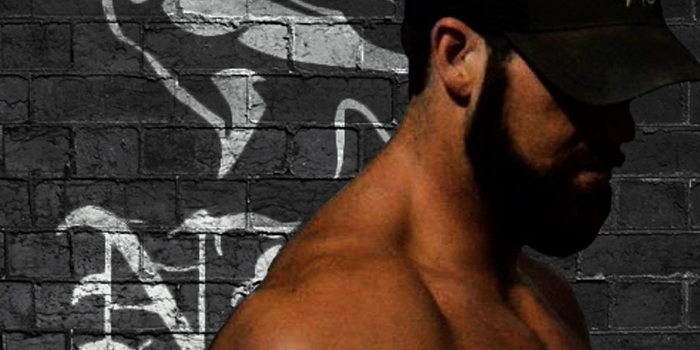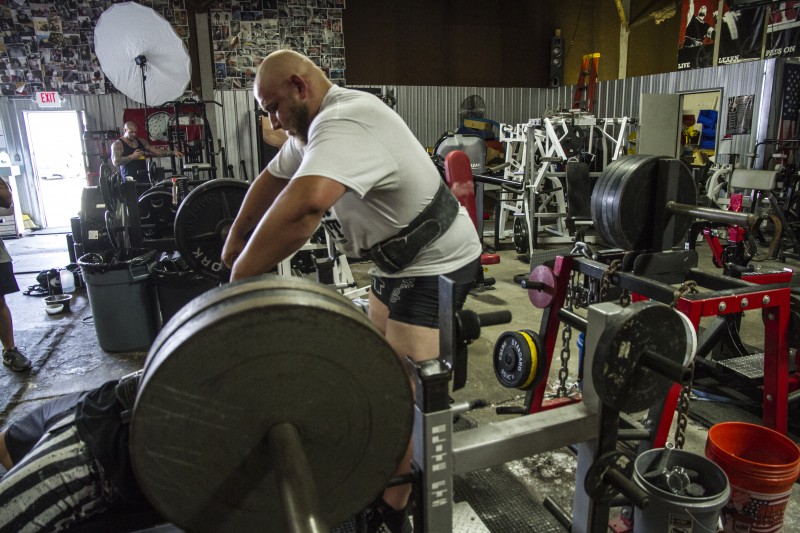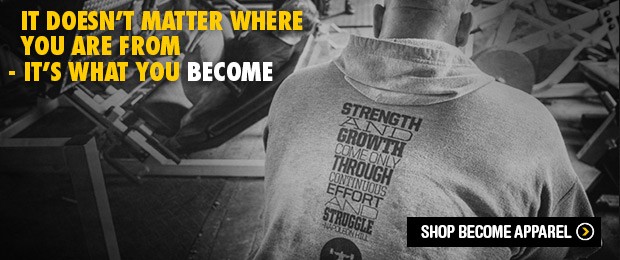
Iron sport athletes can be emotional. For the sports that they compete in, this is a necessity. They need to be able to bring their emotional arousal as high as possible in order to hit a new PR, especially on a big stage. But being hyper-emotional doesn’t always mean that the emotions that they feel are positive ones or beneficial to their end goal. If an athlete fails to meet their expectation in a lift, a training session, or a meet, negative emotions and self-doubt can begin to creep in. These negative emotions aren't exclusive to iron sports, though. All people looking to make progress in their health, fitness, and physique are susceptible to these negative emotions. In this article, I will describe three ways of helping to prevent those emotions from stealing your progress.
Process Over Progress
A very common mental pitfall that people tend to make is the emotional need for constant progress. When beginning any new activity, progress comes quickly and therefore people get used to that consistent satisfaction. But as they move out of the beginner stages, progress seems to slow down and even seems to go backward sometimes. This can be a stumbling block for many. A bad training session can leave a lifter upset for several days. A bad competition can make them want to throw in the towel. While progress is important, it’s also important to realize the process through which that progress comes. Consistent and intelligent training, nutrition, and recovery done over a long time will always bring with it positive progress.
RELATED: The Real Reasons You’re Not Making Progress
Sometimes it can be tough to have both short and long-term vision at the same time as to allow a person to focus on what they need to. Nevertheless, focusing on the process over the progress is a much better strategy to take a lifter where they want to go. Break up big goals into smaller and smaller steps. Work on executing them as perfectly as possible. Focus on the process.

Outside Objective Guidance and Support
Along with negative emotions can come poor decision-making. Making emotional decisions is rarely a good thing. To prevent yourself from making emotional decisions you will need to rely on someone, or a group of people, to give you objective guidance and support. This means either hiring a coach or finding a team to rely on. Both can separate themselves from the emotions of a situation and think objectively about the best next step to take. If you’re having a bad training session, having a team to tell you to shut it down or change the workout up may not be what you want to do, but it may be the best thing for you. Likewise, if you’re at a competition, it is usually better to let a coach decide your next lift than to decide yourself. When things go bad, having a support system in place to help talk you through it is much better than wallowing in your own pity and self-doubt. In all these instances, two or more clear heads are better than one that is foggy.
The Rolling Wheel of Mental and Physical Toughness
As mental strength improves, so will physical strength, and vice versa. Think of it like a rolling wheel, with mental strength at the top and physical strength at the bottom. As your mental strength gains size, it will cause the wheel to roll, flipping it so that mental strength is now on the bottom and physical strength is at the top. Your increased mental strength will now let you push your physical strength up to a point where it will now outweigh mental strength, and the wheel will roll again. This will continue to repeat itself along your fitness journey. The lesson to take away is that there will be times where your physical ability will be greater than your mental abilities and times where your mental abilities will be greater than your physical abilities. The most important thing is to recognize where you are in that relationship and work to push the wheel over for one more turn.
Whether you’re a beginner or an experienced lifter, an iron sport athlete or a triathlete, stepping on stage at the Olympia or opening a gym door for the first time, you are going to face some mental battles. The truth is that whatever your ultimate goal is, it’s probably one that will require some significant patience. Therefore, it’s important that you prepare yourself mentally and emotionally for the future. Heed the advice of this article. Focus on the process. Don’t get hung up if you’re not progressing like you think you should. Find a support system. Whether you have a coach, a team, or both, place yourself around people who are committed to making you better, even when you’re in a bad mental place. And finally, let your mental strength improve your physical strength (and vice versa). This is the type of momentum that will take you where you are trying to go.










